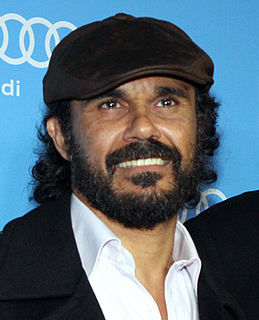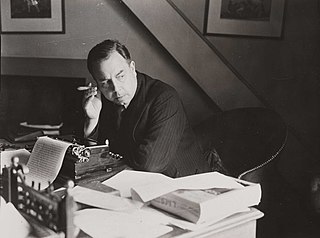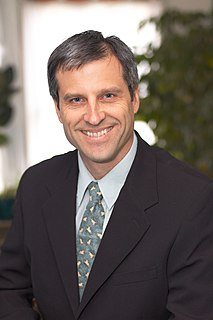A Quote by Fay Weldon
One friend dies and we remain indifferent; another dies, perhaps less intimate, and we see ourselves as dead, and weep, mourn, tear our hair or find ourselves caught up in the madness of the wake, competing with others as to who was closest, now suffers most.
Related Quotes
I think we all carry within us different versions of ourselves. Our true, greatest, most honest versions of ourselves can either be developed and nourished, or it can remain dead from neglect. Most people opt for the easiest version rather than the best.
But in the end which version lives, which version thrives and which version dies, depends on the choices we make and the people in our lives.
One hope no sooner dies in us but another rises up in its stead. We are apt to fancy that we shall be happy and satisfied if we possess ourselves of such and such particular enjoyments; but either by reason of their emptiness, or the natural inquietude of the mind, we have no sooner gained one point, but we extend our hopes to another. We still find new inviting scenes and landscapes lying behind those which at a distance terminated our view.
The more isolated and disconnected we are, the more shattered and distorted our self-identity. We are not healthy when we are alone. We find ourselves when we connect to others. Without community we don't know who we are... When we live outside of healthy community, we not only lose others. We lose ourselves...Who we understand ourselves to be is dramatically affected for better or worse by those we hold closest to us.
We feel the urge to tell the truth as we see it. But we should try to accomplish this without judgemental condemnations that hurt others. Again, when we remember that what we perceive in another is a reflection of ourselves, we become less judgemental. So when we freely express harsh judgement of another, we are in effect talking about those aspects of ourselves that trouble us the most.
We never know who we are going to be until we are tested, but perhaps we can test ourselves without going to the extremes of war. Perhaps we can be kinder now, live with less now, reach out to others now - and build an inner reserve of a strong identity that will hold us up even when everything else falls away.
But the point is, now, at this moment, or any moment, we're only cross-sections of our real selves. What we really are is the whole stretch of ourselves, all our time, and when we come to the end of this life, all those selves, all our time, will be us - the real you, the real me. And then perhaps we'll find ourselves in another time, which is only another kind of dream.
It is one thing to mourn for sin because it exposes us to hell, and another to mourn for it because it is an infinite evil. It is one thing to mourn for it because it is injurious to ourselves; another, to mourn for it because it is offensive to God. It is one thing to be terrified; another, to be humbled.
The misfortune of others is our misfortune. Our happiness is the happiness of others. To see ourselves in others and feel an inner oneness and sense of unity with them represents a fundamental revolution in the way we view and live our lives. Therefore, discriminating against another person is the same as discriminating against oneself. When we hurt another, we are hurting ourselves. And when we respect others, we respect and elevate our own lives as well.
The remarkable thing is that we really love our neighbor as ourselves: we do unto others as we do unto ourselves. We hate others when we hate ourselves. We are tolerant toward others when we tolerate ourselves. We forgive others when we forgive ourselves. We are prone to sacrifice others when we are ready to sacrifice ourselves.
Humans and other animals experience love and fear, and form deep emotional bonds with cherished companions. We mourn when a close friend dies, and so do other animals, as Barbara King's poignant book illustrates in compelling detail. How Animals Grieve helps us to connect and to better understand the complex social lives of other animals and of ourselves.
Finding a way to extend forgiveness to ourselves is one of our most essential tasks. Just as others have been caught in suffering, so have we. If we look honestly at our life, we can see the sorrows and pain that have led to our own wrongdoing. In this we can finally extend forgiveness to ourselves; we can hold the pain we have caused in compassion. Without such mercy, we will live our own life in exile.






































